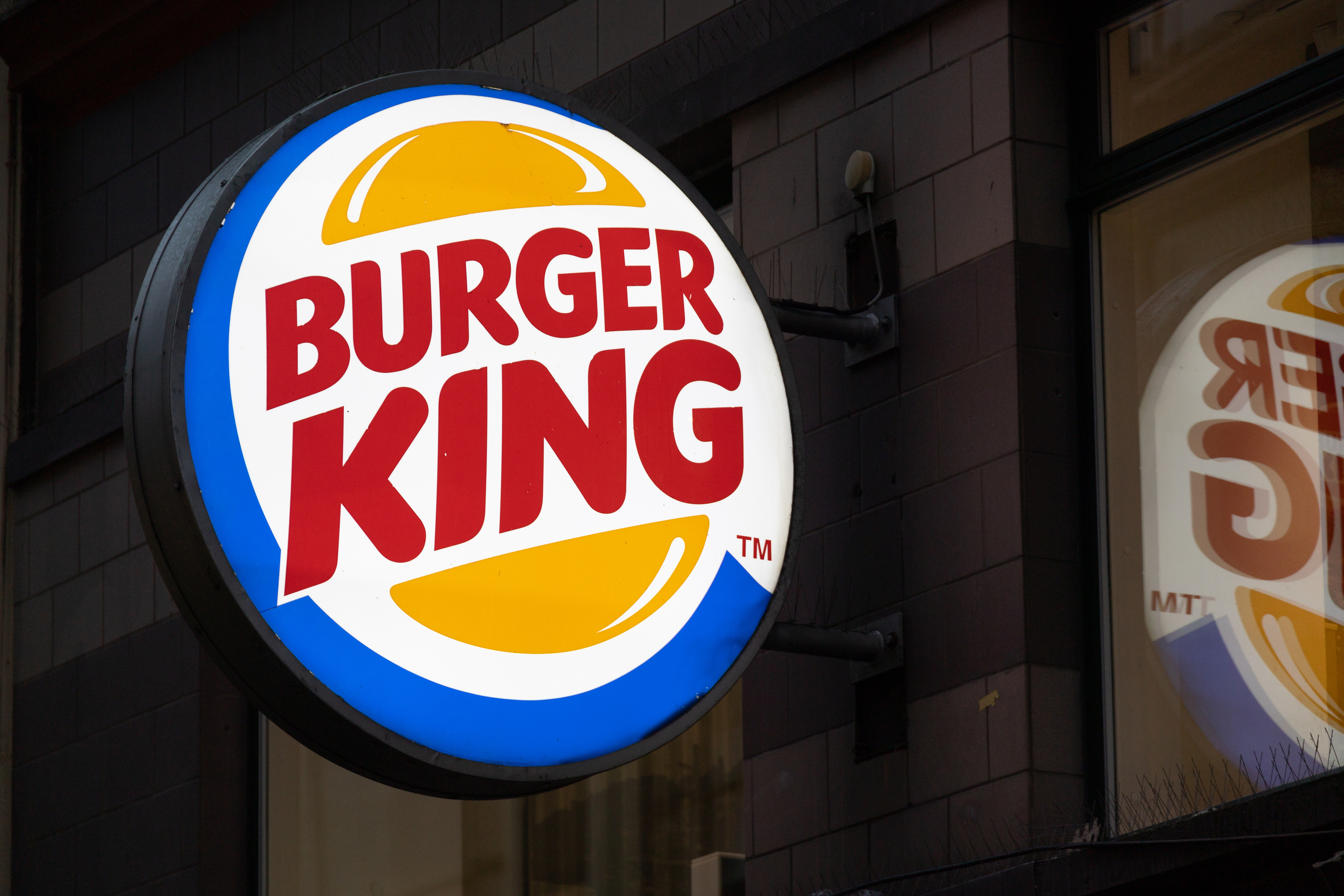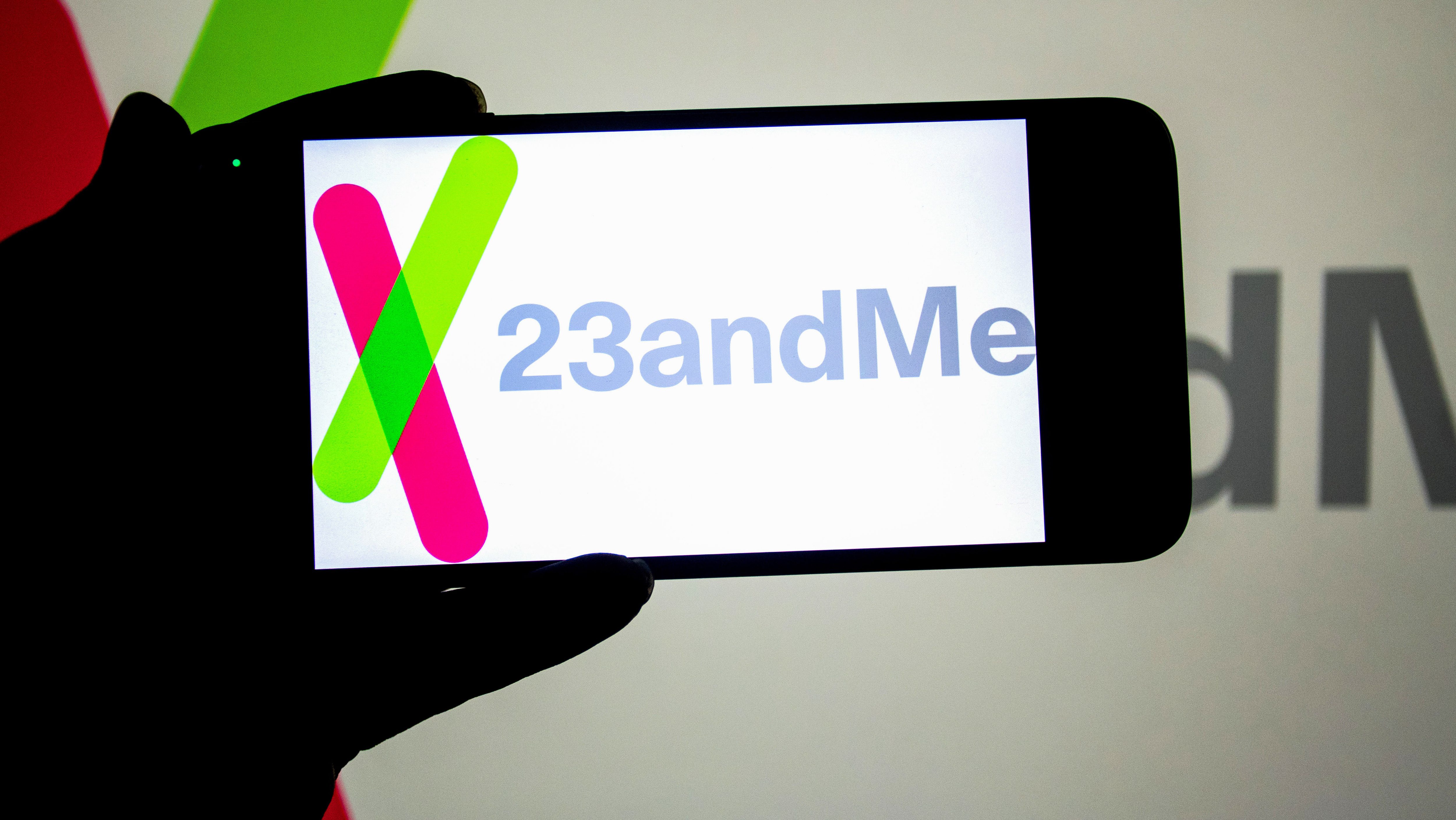Burger King Sued! Whopper Size Claims Under Fire
Burger King Whopper Under Fire: Lawsuit Over Size Claims Advances!
The Whopper of a Problem: Introduction
Ever feel like that burger you ordered looks a whole lot bigger in the picture than it does in your hand? You're not alone! A group of hungry (and maybe a little bit cheated) customers is taking Burger King to court, claiming the fast-food giant is misleading people with their Whopper advertisements. And guess what? A judge just gave their lawsuit the green light to move forward. Could this spell trouble for the King?
Judge Says: "Let's Get Factual"
On Monday, U.S. District Judge Roy K. Altman in Florida delivered a ruling that could shake up the fast-food world. He stated there was "some" merit to the claim that Burger King's advertisements make their Whopper cheeseburger and other menu items appear significantly larger than they actually are. This isn't just about burger size; it's about truth in advertising!
The Beef of the Matter: Size Discrepancies
This isn't a single complaint. Nineteen customers from a whopping 13 states joined forces in 2022 to file a class-action lawsuit. Their accusation? The advertised burgers are "approximately 35% larger in size, and contain more than double the meat, than the actual burger." That's a hefty difference, wouldn't you agree?
Visual Evidence: A Picture is Worth a Thousand Bites (or Lies?)
The lawsuit is packed with side-by-side comparisons, pitting the enticing images in Burger King ads against the reality of the burgers served in stores. Imagine seeing a juicy, towering Whopper on TV, only to receive a flattened, less-than-impressive sandwich. It's like ordering a designer dress online and receiving a knock-off made of questionable fabric.
H2: What the Plaintiffs are Seeking
So, what do these hungry plaintiffs want? They're seeking monetary damages to compensate for the alleged overpayment due to the deceptive advertising. More than just money, they want Burger King to change its advertising practices to accurately reflect the true size and contents of their burgers. They want truth in advertising, plain and simple.
The Legal Battlefield: A Class-Action Showdown
Now that the judge has allowed the lawsuit to proceed, it enters the next phase: discovery. This involves both sides gathering evidence, including internal Burger King documents, marketing materials, and maybe even some taste tests of actual Whoppers. It's like a culinary CSI investigation!
Burger King's Defense: "We're Just Showing Our Food in the Best Light!"
Burger King, unsurprisingly, denies any wrongdoing. Their defense likely revolves around the argument that advertisements are designed to showcase the product in its most appealing form. Think of it like a model wearing makeup for a photo shoot – is it misrepresentation, or just highlighting the best features? This will be the crux of their legal argument.
H2: Why This Matters: The Ripple Effect on Fast Food Advertising
This lawsuit could have significant implications for the entire fast-food industry. If Burger King is found liable, other chains might face similar lawsuits and be forced to re-evaluate their advertising practices. Are we on the verge of a fast-food advertising revolution?
H3: The "Food Styling" Factor
Food styling is a common practice in advertising. Professional stylists use tricks like glue to hold sesame seeds in place, and even strategically place toothpicks to make food look more appealing. Where does artistic license end and false advertising begin? That's the million-dollar question.
H3: Consumer Expectations vs. Reality
Consumers have certain expectations when they see a fast-food advertisement. Do they expect a perfect replica of the ad in their hands? Probably not. But there's a line between presenting food in its best light and outright misrepresentation. The lawsuit argues that Burger King crossed that line.
H2: The Potential Consequences for Burger King
If Burger King loses the lawsuit, the financial repercussions could be substantial. They could be ordered to pay damages to the plaintiffs, and also be required to change their advertising practices nationwide. A loss could tarnish Burger King's reputation and impact their bottom line.
H3: Brand Reputation on the Line
Brand reputation is everything in the fast-food industry. Customers choose brands they trust, and deceptive advertising can erode that trust. If Burger King is seen as dishonest, customers may flock to competitors.
H3: Advertising Policy Changes
Even if Burger King wins, the lawsuit could prompt them to review their advertising policies and practices. They might opt for more realistic depictions of their food to avoid future legal challenges.
H2: Other Fast-Food Giants Facing Similar Scrutiny
Burger King isn't the only fast-food chain under the microscope. McDonald's and Wendy's have also faced lawsuits alleging deceptive advertising. It seems like the legal landscape is heating up in the fast-food world!
H3: McDonald's Big Mac Lawsuit
McDonald's has faced similar allegations that their Big Macs don't look like the ones in the commercials. This shows a wider trend of consumers questioning the accuracy of fast-food advertising.
H3: Wendy's and the Beefy Claims
Wendy's has also been questioned about the size and appearance of their burgers in advertisements. It highlights how widespread these concerns are across the entire industry.
H2: What This Means for You, the Consumer
This lawsuit is a reminder to take fast-food advertisements with a grain of salt (or maybe a pinch of extra salt on your fries!). It's a reminder that those perfectly styled burgers often don't look quite the same in real life. Don't let the ads influence you too much!
H3: Be a Savvy Burger Buyer
Before ordering, read online reviews and see what other customers are saying about the actual size and quality of the burgers. Knowledge is power!
H3: Take Pictures!
If you're disappointed with your burger, take a picture and share it on social media. Consumer feedback can hold companies accountable.
H2: The Future of Fast-Food Advertising
Will this lawsuit lead to more transparency in fast-food advertising? Only time will tell. But it's clear that consumers are becoming more aware and less tolerant of deceptive practices. Perhaps we're entering a new era of honest burgers!
H2: Conclusion: A Wake-Up Call for Fast Food
The lawsuit against Burger King is more than just about burger size. It's about truth in advertising, consumer expectations, and the responsibility of companies to accurately represent their products. This case could be a watershed moment for the fast-food industry, forcing chains to rethink their marketing strategies and prioritize honesty over hype. The court's decision to allow the lawsuit to proceed is a clear message: Consumers deserve to get what they pay for.
Frequently Asked Questions (FAQ)
Here are some frequently asked questions about the Burger King Whopper lawsuit:
- What is the Burger King Whopper lawsuit about?
The lawsuit alleges that Burger King's advertisements for its Whopper cheeseburger and other menu items are misleading because they make the products appear larger and contain more ingredients than they actually do. - Who are the plaintiffs in the lawsuit?
The plaintiffs are nineteen customers from thirteen different states who claim they were deceived by Burger King's advertising. - What is Burger King's response to the lawsuit?
Burger King denies any wrongdoing and argues that their advertisements are designed to showcase their products in the most appealing way. - What are the potential consequences for Burger King if they lose the lawsuit?
If Burger King loses, they could be ordered to pay damages to the plaintiffs and be required to change their advertising practices to more accurately reflect the size and contents of their burgers. - What impact could this lawsuit have on the fast-food industry as a whole?
This lawsuit could prompt other fast-food chains to re-evaluate their advertising practices and prioritize honesty and transparency in their marketing materials. It could also lead to more lawsuits if consumers feel they are being misled by fast-food advertising.



